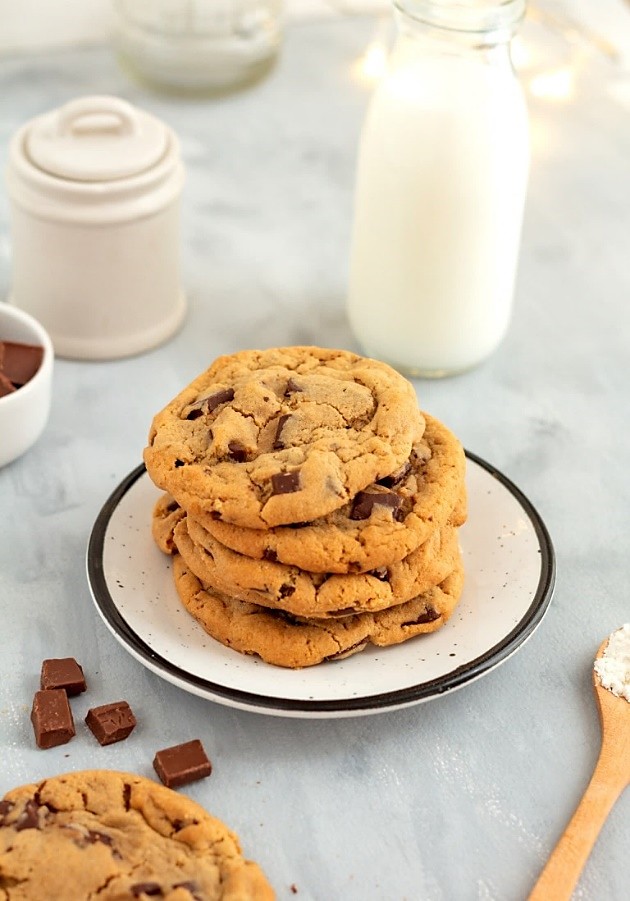
by Fern Shaw | Aug 4, 2025 | water cooler, water dispenser
When it’s a cookie, of course! With today being National Chocolate Chip Cookie Day, we thought we’d start the week by celebrating the ultimate biscuit of biscuits. There’s something undeniably comforting about a chocolate chip cookie – whether it’s the warm, slightly gooey kind fresh from the oven or the crisp, crunchy ones that hold their shape. These American-born biscuits never fail to hit the spot.
But here’s a sneaky tip: if you’re treating yourself to a few (or a whole tray – no judgement), don’t forget to stay hydrated too.
Now, tradition tells us that cookies are best served with a cold glass of milk – and sure, that’s still a classic. But if you’re not a dairy fan or just want to feel a little lighter, drinking water alongside your choc chip is a smart choice.
Here’s why water works with cookies (or any biscuits for that matter):
- It cleanses your palate, so every bite tastes just as good as the first.
- It keeps you hydrated, especially if you’re indulging in more than one.
- It helps balance the sweetness and richness – especially useful with those triple-choc versions.
Let’s face it, cookies are delicious, but they can be a little dry (think undunked shortbread). After a few bites, you might find yourself reaching for a glass of something cool. That’s where the trusty watercooler comes in. It’s no longer just a spot for casual chats – it’s your go-to companion when the cookie craving hits.
Whether you’re on a tea or coffee break, topping up your water at work, or baking up a storm at home, having a water dispenser close by is a simple and easy way to keep refreshed and maintain good hydration.
So go ahead, have that cookie (or three). Just chase it down with a glass of cool water and you’ll feel far better for it.
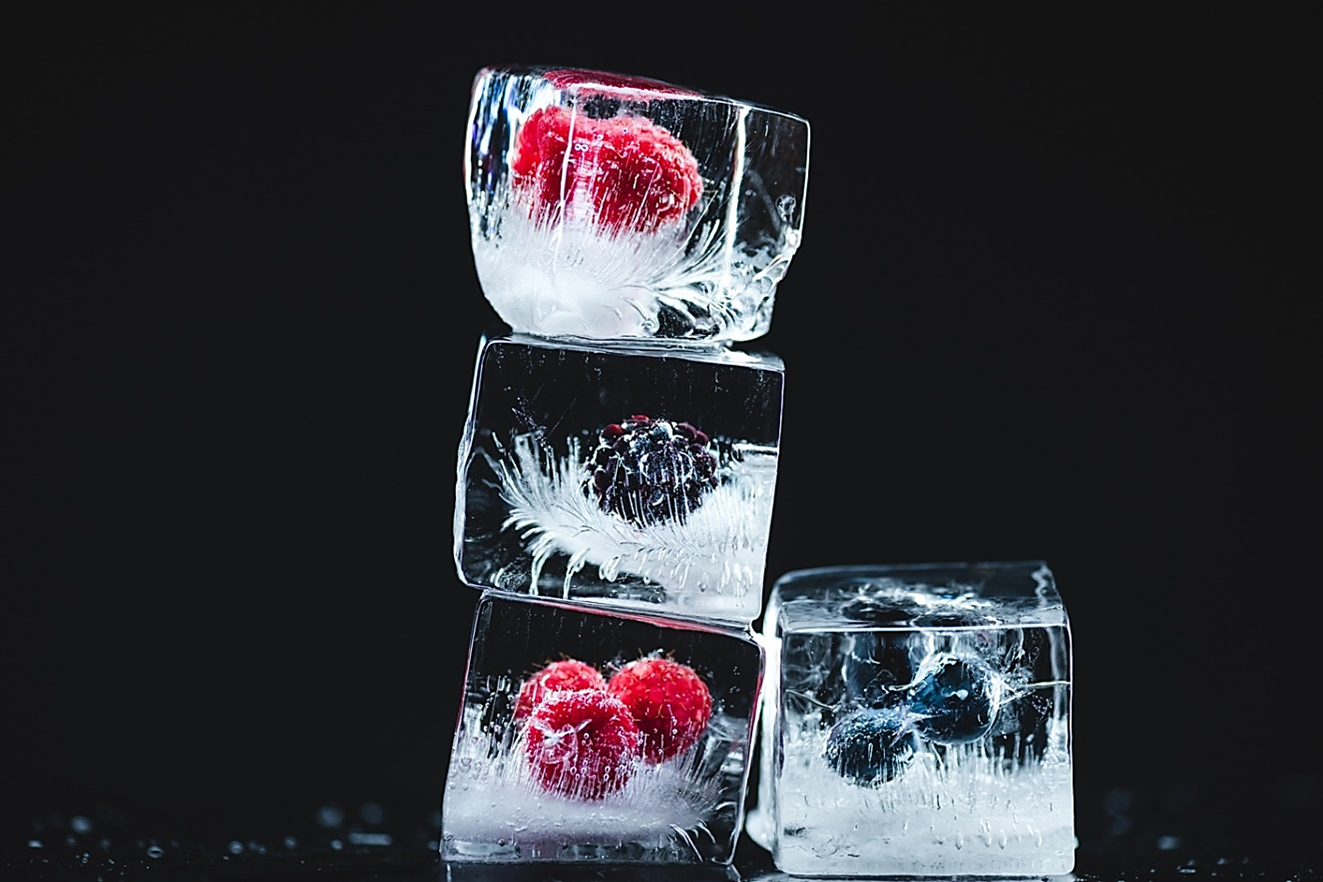
by Fern Shaw | Jul 30, 2025 | water cooler, Water Coolers
As a blogista, one would imagine that I love the internet or the worldwide web. You’d be right. It’s packed to capacity with the most incredible information and makes research interesting, amusing, at times alarming and can turn one into a sniffer dog that any contraband sniffing beagle would envy – (all those leads!)
Some time ago, I read one of what I call, Snopes-worthy-at-a-glance chain *shudder* mails. Recently, while researching, I came across another take on the ice-cold water debate, one I hadn’t heard of before.
The First Drinking Ice Water Theory I read is that if you are all hot and bothered and need to cool down, instead of chug-a-lugging litres of brain freezingly cold water, you should rather drink room temperature water (which is disingenuous, because what if your ‘room’ at the time is an Arctic wasteland? Hmf!). The reason for this is that your body works hard to regulate your ‘core’ temperature. Picture the scene:
You’ve just vaulted up two flights of stairs wearing your spencer and Ugg boots. You get to the landing, leopard crawl down the corridor, reach your water dispenser station, roll onto your back underneath the water cooler, open the tap, a steady stream of water from source pouring refreshingly down your gullet. Now your body is hot. The water is cold. So, whereas you are hydrating your body, which is what your body is asking for, your body now must work double time to ‘heat up’ the water to your core temperature, which is baaad. Or so the chain mail said. I am, (of course), paraphrasing (a lot). I think, for this next one, I don’t have to draw a scenario for you.
The Second Drinking Ice Water Theory is just plain funny – ha ha and peculiar. According to this zinger and I’m quoting, “Drinking Ice Water after a meal … will solidify the oily stuff that you have just consumed. Once this ‘sludge’ reacts with the acid, it will break down and be absorbed by the intestine faster than the solid food.”
Anyhow, so of the two, which is absolute Hogwarts (sorry!) hogwash and which, if any, of the two, have an element of truth in them? I believe the answer to both is a ‘what’s good for you coupled with common sense’ thought process.
Personally I tend to believe the first theory – if our bodies are ‘normally’ at about 37C° and you’ve exerted yourself which means that your body temperature us higher; then with ice water being around 0C°, it would make sense that your body has to work harder to regulate the temperature of the cold water to, rather ironically, cool you down.
So, on this, I’d suggest that if you do decide to Rocky it up the stairs, dressed like Bradley Cooper in The Silver Linings Playbook, for reasons known only to you; by all means perch next to the water cooler, just don’t guzzle. Pour yourself a cup of cool water and drink it slowly.
As for the ‘sludge’ that ice water turns ‘the oily stuff’ into theory, I truly, for once, don’t have a comeback for this marvel of silly.
Keen on having chilled, cool, ambient temperature or even piping hot water available immediately? You need look no further than the UK’s leading water cooler supplier: AquAid. You’re welcome. Drink up!
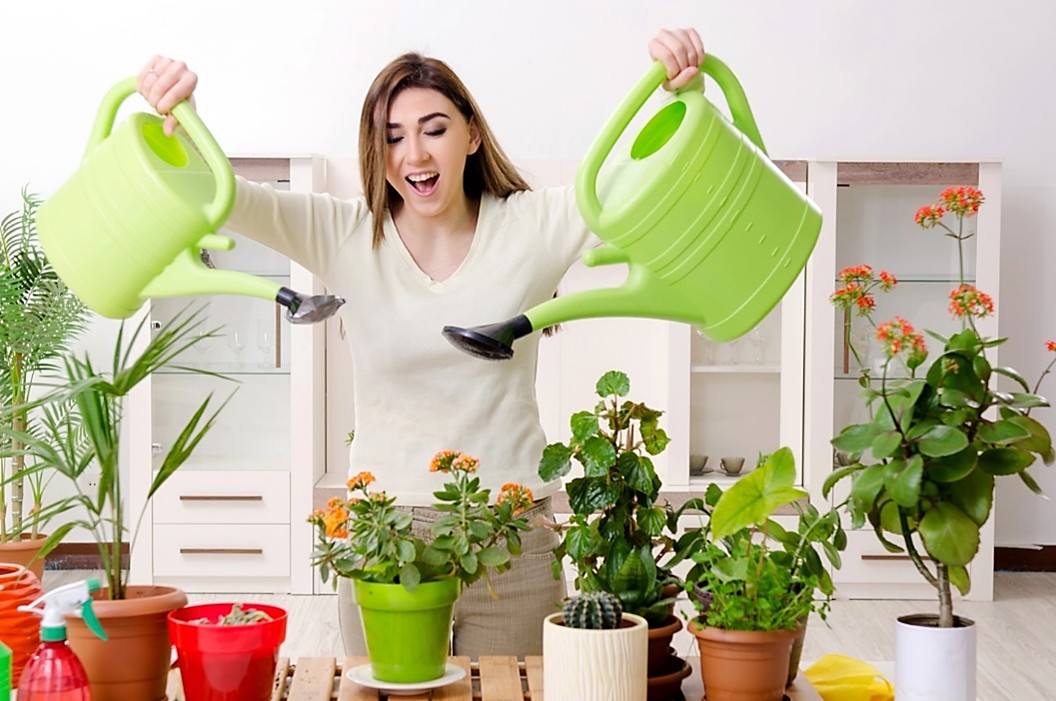
by Fern Shaw | Jul 30, 2025 | Water, water cooler
For the last few (gloriously hot and sunny) weeks, the focus has been on how to stay hydrated when it’s hot. But before everyone gets carried away filling paddling pools, pressure-washing patios and watering every leaf in sight, a stern internal voice (think Sergeant Major, broad as Stockton, moustache bristlier than Bristol) barked: “Water conservation at all costs, people!”
So now we have our hydration sorted, the focus shifts from personal hydration (still important, mind) to looking after our green spaces without soaking the planet. Here are six simple, sensible ways to keep your green spaces thriving while still being kind to water supplies:
- Raise That Mower Blade – Cutting the lawn too short in hot weather is like sunbathing without sunscreen. Set the mower to a higher level – taller grass shades the roots and helps the soil retain moisture.
- Sprinkle with Purpose – Sprinklers are best for large patches of grass. For smaller areas or container plants, a watering can (or even a humble cup) is much more precise – and far less wasteful.
- Avoid the Heat of the Day – Midday watering does more harm than good. The heat can cause water to evaporate before it even hits the roots – or worse, scorch the leaves. Early morning or evening is best.
- Inspect Sprinklers Like a Pro – Leaky valves or clogged heads? That’s water literally down the drain. A quick once-over every few days can save litres – and your lawn will thank you.
- Skip the Windy Watering – Watering on a blustery day is a bit like trying to drink from a straw in a hurricane. Most of it misses the mark. Save it for a calmer moment.
- Choose a Smarter Fountain – Fountains that trickle, or cascade lose less to evaporation than those that spray into the air. And during hotter spells, it might be best to switch them off – unless, of course, they’re affordable water fountains or essential for visiting wildlife.
And a final word from around the Water Cooler
As tempting as it may be, please don’t take a jug from the office water cooler to douse your flower beds – unless it’s for your prized bonsai that lives in the shaded corner of the conference room. (We see you, Bartholomew Bonsai from Finance.)
Because whether it’s a heatwave or just another sunny spell, conserving water is always in style – and the Sergeant Major wouldn’t have it any other way.
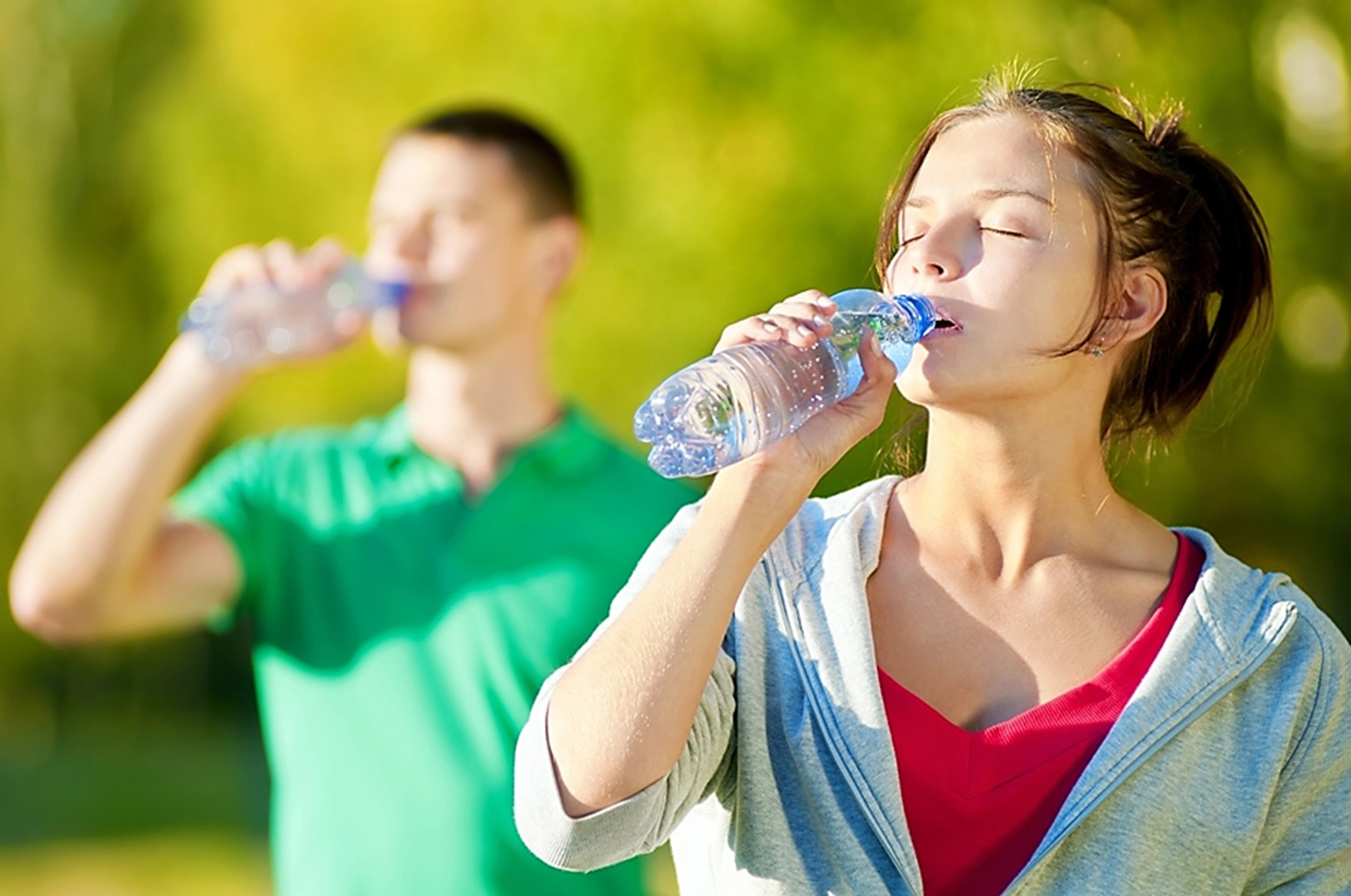
by Fern Shaw | Jul 15, 2025 | Water, water cooler, water dispenser
When the temperature climbs, having easy access to drinking water becomes more than just a comfort – it’s essential. While most people know hydration is key to staying healthy in the heat, there are plenty of reasons it matters that aren’t always top of mind.
Hot weather naturally increases thirst, but it’s easy to underestimate how much fluid the body needs to stay comfortable and focused. Even mild dehydration can leave people feeling sluggish, less alert, or more irritable than usual. Regular water breaks help boost energy levels, support clearer thinking, and can even improve general mood. Wherever the location, having a water dispenser on site, whether at work, the office, store, shop, gym, sports centre lobby, or job site can make a genuine difference, encouraging people to drink regularly without thinking twice.
Children, older adults and those with health conditions are particularly vulnerable in high temperatures. They might not always recognise the signs of dehydration or be able to help themselves, so it’s important that others check in and offer water often. The same goes for pets, who can’t ask for a drink and wildlife, who may struggle to find water during dry spells. Even placing a shallow bowl of water outside can be a lifeline.
Helping each other stay cool and hydrated isn’t just thoughtful – it’s vital. Making water easily available and encouraging regular sips throughout the day is a small effort that can prevent serious problems. Whether it’s through personal care or simply having a water station nearby, keeping water within reach can keep everyone – from colleagues to pets – a bit safer in the heat.

by Fern Shaw | Jul 9, 2025 | water cooler
World Chocolate Day may have just passed, but really – isn’t every day a good day for chocolate?
Chocolate, particularly dark chocolate, has more to offer than just flavour. It’s packed with antioxidants and minerals that can support various aspects of health. Here’s a quick look at some of its surprising benefits.
Heart Health
Dark chocolate contains flavanols – powerful antioxidants that help improve circulation, reduce blood pressure, and may even lower the risk of heart disease by supporting healthy cholesterol levels.
Cognitive Function
Some studies link dark chocolate to improved brain function, especially in the short term – thanks again to those antioxidants which boost blood flow to the brain.
Mood Boosting
Chocolate encourages the release of endorphins – the body’s feel-good chemicals – which can help lift mood and reduce stress.
Skin and Digestive Support
The flavanols in chocolate may also support healthy skin by improving hydration and circulation. There’s emerging research suggesting potential benefits for digestive health too.
Chocolate in Any Weather
Chocolate isn’t just a winter warmer. In the heat, it can still be part of your day – think:
Chilled chocolate milkshakes or smoothies.
Iced chocolate drinks.
Chocolate ice cream or the classic 99p flake in soft serve – never gets old and we’re never too old.
A Daily Delight?
While drinking water daily remains the top choice for hydration – irrespective of the weather – chocolate, especially the darker kind, can absolutely be part of a balanced lifestyle. Whether it’s drizzled over dessert, sipped in a smoothie, or savoured square by square, it’s a little indulgence with potential health perks.
Mind you, we’re not suggesting you become the office chocolate bringer-in-chief, tempting colleagues at the water cooler every time they top up their bottle. But a little chocolate now and then? Absolutely – here’s to chocolate: yesterday, today and every day (just don’t forget to drink your water)!
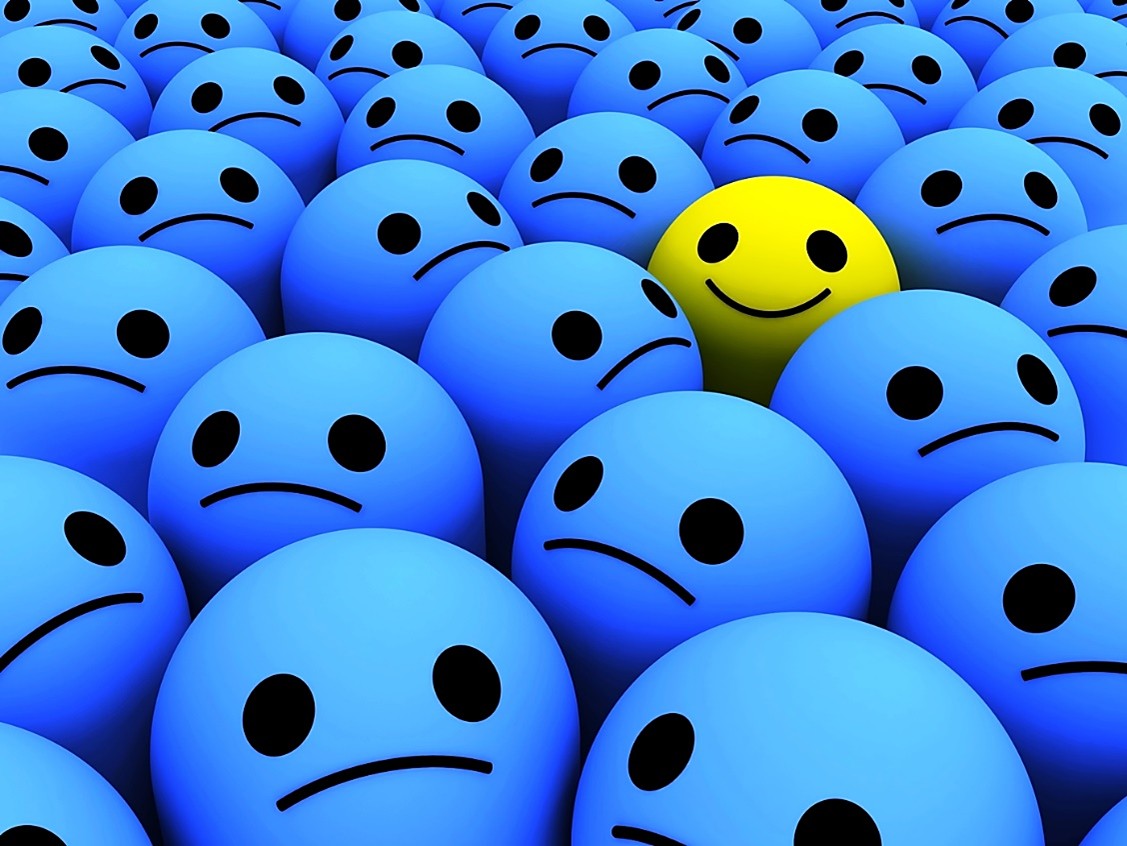
by Fern Shaw | Jun 30, 2025 | water cooler, Water Coolers
When the temperature climbs, the reminders to ‘drink more water’ seem to come from everywhere – and for good reason. Hydration is key to keeping our bodies running smoothly. But there’s more to it than just avoiding dehydration.
Here’s why staying sensibly hydrated matters – and what many people may not realise.
Hydration Helps More Than Just Thirst
We know dehydration can cause fatigue, headaches, dizziness and more. But here are a few lesser-known reasons to stay on top of your water intake:
- Joint protection: Water keeps the cartilage in your joints cushioned and functioning properly. Less water = more friction = more aches.
- Digestive support: Dehydration can slow digestion, leading to bloating and constipation.
- Body temperature regulation: Hydration helps your body cool itself – especially important during heatwaves or exercise.
But Can You Drink Too Much Water?
You can and it’s more common than people think, especially in the summer when we’re hyper-aware of the heat. Overhydration can happen when you drink excessive water without replenishing vital electrolytes like sodium and potassium.
These minerals help your body:
- Hold onto the water it needs.
- Maintain the right balance between fluids inside and outside your cells.
Without them, your body may flush too much sodium, which can lead to symptoms like nausea, confusion and headaches.
So, What’s Sensible Hydration?
- Sip steadily throughout the day, not all at once.
- Eat electrolyte-rich foods like bananas, avocados, potatoes, leafy greens and melon.
- If you sweat a lot (exercise, outdoor work, or naturally heavy perspiration), consider electrolyte supplements or drinks that contain electrolytes to help maintain fluid balance.
- Don’t force litres of water if you’re not thirsty – your body knows what it needs.
Hydration is vital, but like most things, it’s about balance, not extremes. So, when it gets hot, keep your cool, top up your water bottle as needed, be kind and remind your workmates to visit the water cooler station and drink up … but drink smart.
sources overhydration: from an article at UCLA Health






